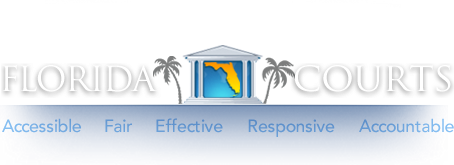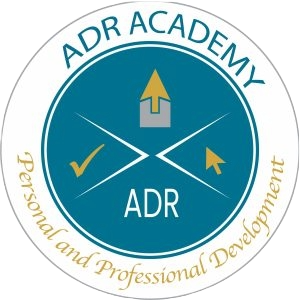
The Neutral Newsletter of the Florida Dispute Resolution Center Volume 4, Issue 2 – June 2019
The latest edition of The Neutral is now online. A new administrative order governing the certification and renewal of mediators has been issued. You will find out about that and other important information in this issue.
Please see the link below to view the newsletter.
The Neutral: Volume 4, Issue 2
Update on the 2019 Legislative Session
Two pieces of legislation passed in 2019 affect the field of alternative dispute resolution. First, Governor DeSantis signed into law HB 337- County Court Jurisdiction (Chapter Law 2019-58). The legislation increases county court jurisdiction from $15,000 to $30,000 effective January 1, 2020, and then increases the jurisdictional amount to $50,000 effective January 1, 2023. The revisions to section 44.108(2)(c), Florida Statutes, limit the $60 fee for mediations in county cases above small claims which is charged by court ADR programs to cases in which the amount of the claim is not over $15,000.
Thus, the programs will not mediate more county cases above small claims than they currently do. In the first three quarters of fiscal year 2018/2019, the ADR programs of the twenty judicial circuits mediated 1,808 county cases above small claims, in fiscal year 2017/2018 they mediated 1,334. The programs of the 4th, 11th, 13th, 15th, and 17th circuits mediate the most county civil cases above small claims. Additional statistics may be found at the Uniform Data Reporting Page.
The Florida Supreme Court will be changing the small claims threshold from $5,000 to $8,000 through a rules petition referral to The Florida Bar Small Claims Rule Committee. It is not anticipated that this increase will have a significant workload impact on court ADR programs; however, the impact remains to be seen. Additional provisions of HB 337 include 1) appeals of county court orders or judgments where the amount in controversy is greater than $15,000 will go to the district courts of appeal until January 1, 2023, when the provision repeals, 2) the Office of the State Courts Administrator is required to submit a report making recommendations regarding the adjustment of county court jurisdiction, and 3) changes to the budgets of and fees remitted to the clerks of court which are not anticipated to affect revenues received by the court system.
Second, HB 7081 authorizes nationwide criminal background checks for applicants for mediator certification and court interpreter certification and includes enhanced provisions governing the regulation of parenting coordinators.
The bill adds to section 61.125, Florida Statutes, exceptions to parenting coordination confidentiality like those for mediation confidentiality in section 44.405, Florida Statutes. The exceptions are for testimony or evidence offered to report, prove, or disprove a violation of professional malpractice or misconduct occurring during the parenting coordination process solely for the professional malpractice
proceeding or the internal use of the body conducting the investigation of the professional misconduct.
Additionally, HB 7081 provides that investigators, prosecutors and members of the Parenting Coordinator Review Board are not liable for civil damages “for any act or omission arising from the performance of his or her duties while acting within the scope of his or her appointed function or job description unless such person acted in bad faith or with malicious purpose.” The bill also provides the Florida Supreme Court with authority over the training, ethical conduct, and discipline of parenting coordinators. The bill was signed into law by Governor DeSantis on June 7, 2019.

